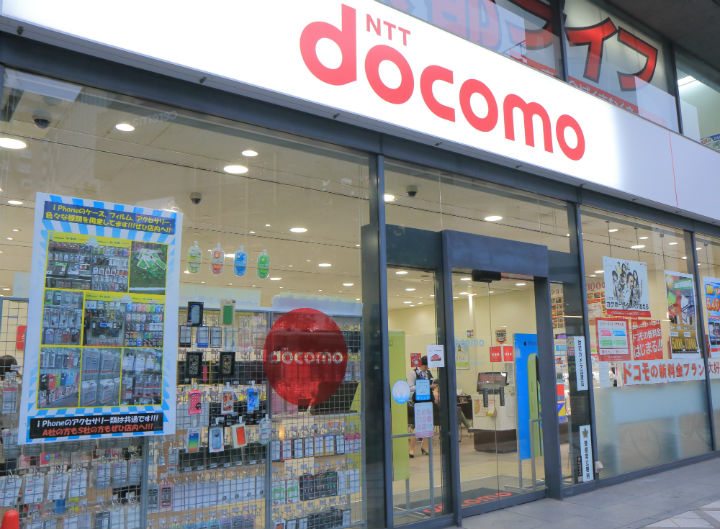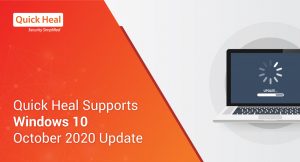Carriers will be able to carry out verification of vRAN at its R&D center in Yokosuka
Japanese operator NTT DoCoMo recently announced that it has begun allowing overseas mobile operators to access its Shared Open Lab, located in its R&D facility in Yokosuka, Japan, to verify their virtualized radio access networks (vRAN).
In a release, NTT DoCoMo noted that the lab is one of the initiatives of the New window5G Open RAN Ecosystem (OREC) project under which DoCoMo and 13 global vendors are working to develop flexible Open RAN capable of incorporating interactive equipment of multiple vendors.
Since its establishment last October, NTT DoCoMo’s Shared Open Lab has deployed virtualized base stations made with equipment from multiple OREC partners. The verification environment is now open to remote access by global operators, eliminating their need to prepare in-house verification environments, the Japanese telco said.
“NTT DDoCoMo believes the lab will help operators to greatly reduce overall costs, including constructing in-house labs and / or traveling to vendors’ labs, for the verification of base station functions and performance prior to commercial deployment,” the carrier said.
DoCoMo claimed to be the world’s first mobile operator to launch a commercial 5G service via Open RAN in March 2020. The company’s 5G Open RAN currently includes more than 10,000 base stations and more than 10 million subscribers.
The Japanese operator said it aims to commercialize flexible and scalable vRANs for international mobile operators during fiscal 2022.
“DoCoMo is committed to working with its OREC partners to develop further technologies and know-how for the increased adoption of Open RAN, vRAN and other open networks,” the carrier added.
OREC partners include AMD, Dell Technologies Japan, Fujitsu Limited, Hewlett Packard Japan, Intel KK, Mavenir, NEC Corporation, NTT DATA Corporation, NVIDIA, Qualcomm Technologies, Red Hat, VMware and Wind River.
In December 2021, NTT Docomo and compatriot vendor NEC Corporation have completed an interoperability testing for 5G Standalone (SA) using a 5G base station baseband unit (5G CU / DU) conforming to O-RAN open interface specifications and radio units (RUs) of. different vendors.
NEC said that the multi-vendor interoperability test used a software upgrade to introduce SA capability to NEC’s 5G Non-Standalone (NSA) CU / DU operating on NTT Docomo’s commercial network.
The two companies aim to introduce the 5G CU / DU for NTT Docomo’s SA services in order to further expand its 5G services.
Japanese company Rakuten Group had previously announced the launch of Rakuten Symphony as a new business organization to spearhead the global adoption of cloud-native open RAN infrastructure and services, including the Rakuten Communications Platform (RCP) by mobile network operators, enterprises and government bodies.
With operations across Japan, the United States, Singapore, India, Europe and the Middle East Africa region, Rakuten Symphony aims to bring together all of Rakuten’s telco products, services and solutions under a single global portfolio to offer 4G and 5G infrastructure and platform solutions. to customers worldwide.













